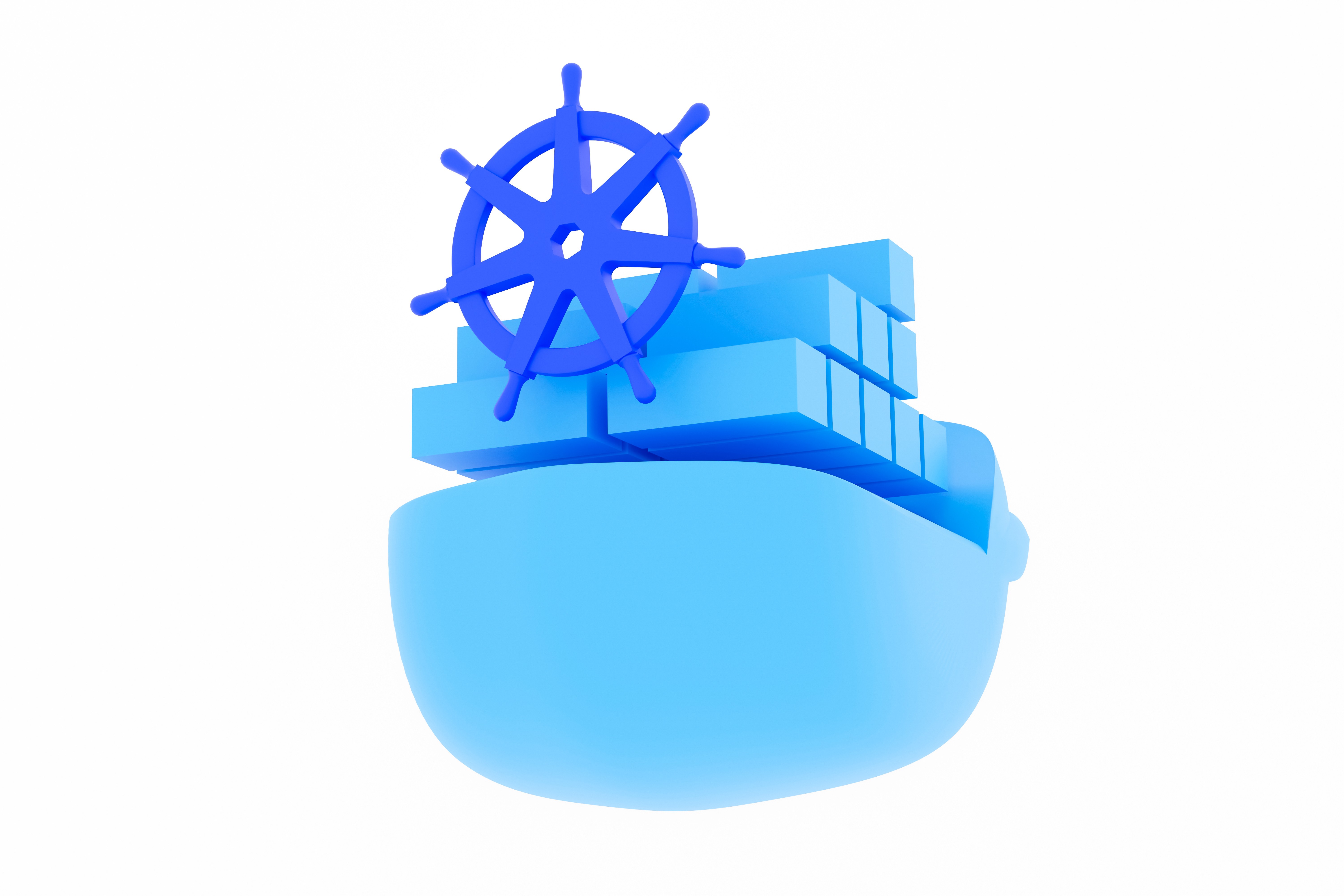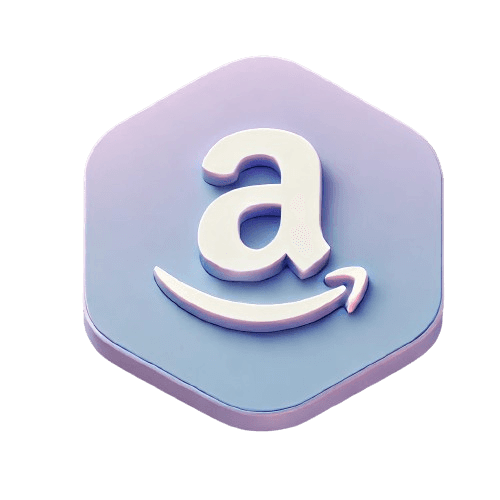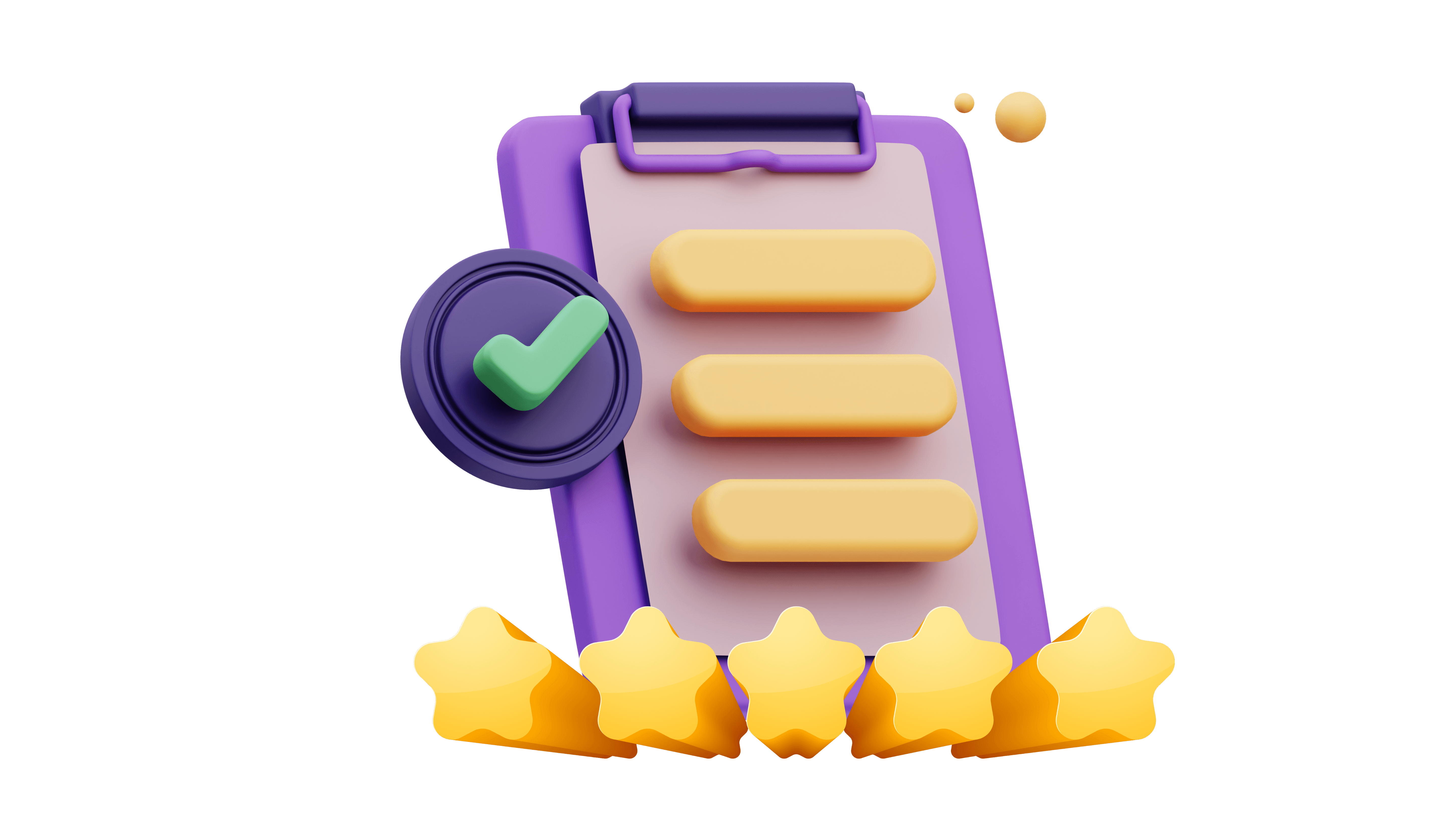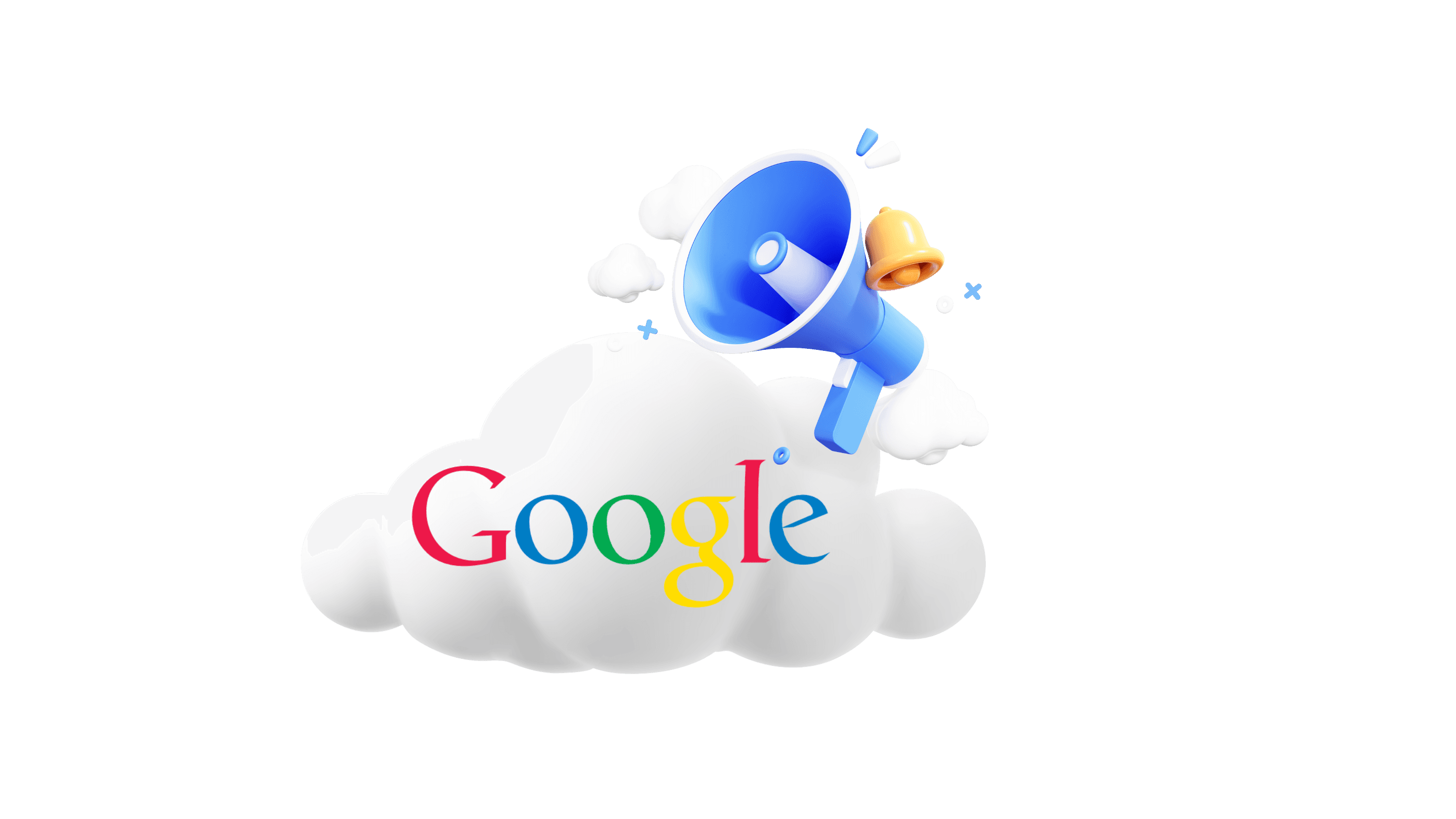Automated Employee Scheduling Using AI and Optimization Tools
Situation
Managers face significant disruptions due to last-minute employee sick leave, causing scheduling inefficiencies and operational challenges. The goal was to create a solution to handle real-time schedule updates, proactively predict sick leave trends, and ensure smooth shift coverage with minimal manual intervention. The solution had to be efficient, intuitive, and leverage cutting-edge technologies like AI and optimization tools.
Task
The objectives of the project were:
Automating real-time scheduling updates triggered by employee sick leave notifications.
Developing a predictive model to forecast sick leave trends using historical data.
Simplifying communication with employees by integrating an SMS-based notification and response system.
Optimizing shift allocation to balance operational efficiency and employee satisfaction.
Demonstrating the solution's scalability and practicality for real-world application.
Action
The project was executed in the following steps:
Real-Time Scheduling Automation:
Implemented a system where employees notify their managers of sickness via SMS.
Integrated Google OR-Tools to automatically adjust the schedule and identify available replacements.
Set up an SMS notification service to alert potential replacements and allow them to accept shifts in real time.
Predictive Scheduling Insights:
Collected and analyzed historical sick leave data to identify patterns and trends.
Built a predictive model using Scikit-learn to forecast potential sick leave days.
Visualized insights to enable proactive planning and resource allocation for managers.
Technology Integration:
Leveraged Google OR-Tools for optimization, ensuring efficient resource allocation and minimal disruptions.
Used Gemini AI for natural language processing to handle SMS communication and interpret employee responses.
Deployed a mobile SMS service for instant employee communication and the scheduling system.
Result
The project delivered a robust and innovative solution that:
Enabled Real-Time Updates: Managers received instant sick leave notifications, with automated schedule adjustments and employee alerts reducing manual workload.
Improved Predictive Capabilities: Managers could proactively plan for potential sick leaves based on data-driven insights.
Enhanced Communication: The SMS-based system ensured seamless interaction between managers and employees, reducing response time.
Optimized Shift Allocation: Leveraging Google OR-Tools maximized efficiency while maintaining employee satisfaction.
Conclusion
This hackathon project demonstrated how AI and optimization tools can revolutionize workforce management. The solution addressed a critical operational challenge, delivering a practical and scalable system for real-time scheduling and predictive insights. Winning the Google & Cillers Hackathon underscores the impact of teamwork and innovative thinking in solving real-world problems.





